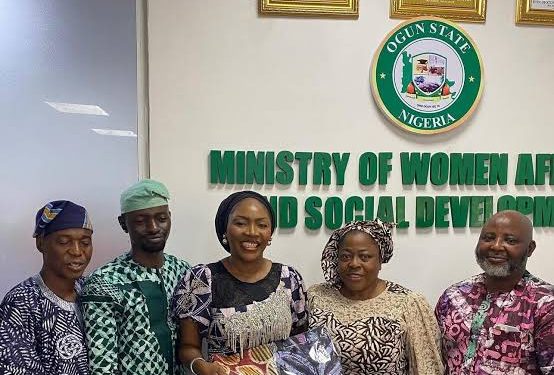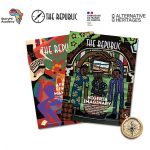Adire, the centuries-old hand-dyed fabric rooted in Ogun State’s cultural identity, is preparing for a new chapter on the international stage through the forthcoming Adire Global Festival. The event, which organizers describe as both a cultural showcase and an economic driver, is expected to create fresh opportunities for small businesses across fashion, textiles, and creative industries.
Adire, meaning “tie and dye” in Yoruba, is one of Nigeria’s oldest textile traditions, recognized for its rich patterns, indigo shades, and storytelling motifs. Historically crafted by women, the fabric has evolved from a symbol of cultural pride into a sought-after fashion statement worn at home and abroad. Global interest in sustainable and handmade textiles has further fueled demand for Adire, positioning it as both a heritage brand and a modern trend.
Organizers of the Adire Global Festival say the event goes beyond celebrating culture. By connecting artisans to buyers, designers, and investors, it aims to strengthen local value chains, promote exports, and empower small-scale producers. The festival will feature exhibitions, runway shows, and workshops designed to equip entrepreneurs with new skills, including digital marketing and international branding.
“The festival is about giving Ogun’s Adire the global spotlight it deserves while ensuring that local artisans and businesses benefit directly,” one committee member explained during a press briefing.
In preparation for the event, the festival committee decorated key promoters of Adire as Ambassadors, acknowledging their efforts in championing the fabric at national ceremonies and official functions. Their advocacy has helped fuel a renaissance of Adire fashion, particularly among younger Nigerians and the diaspora.
Industry analysts believe the festival could transform Ogun State into a textile hub for Africa. By opening new markets and attracting foreign investment, the initiative has the potential to contribute significantly to job creation and community development. Beyond fashion, opportunities are expected to emerge in tourism, creative design, and e-commerce as global buyers seek authentic African fabrics.
The festival will also highlight how cultural heritage can adapt to modern markets. Workshops are expected to explore sustainable dyeing methods, design innovation, and digital tools that can help artisans reach international customers. For many young creatives, this blend of tradition and technology could provide a pathway into the global fashion economy.
Adire’s story is not just about fabric; it is about cultural continuity, economic empowerment, and global recognition. As preparations intensify for the Adire Global Festival, expectations are high that Ogun State’s heritage fabric could transition from a celebrated cultural symbol into a global fashion powerhouse.










